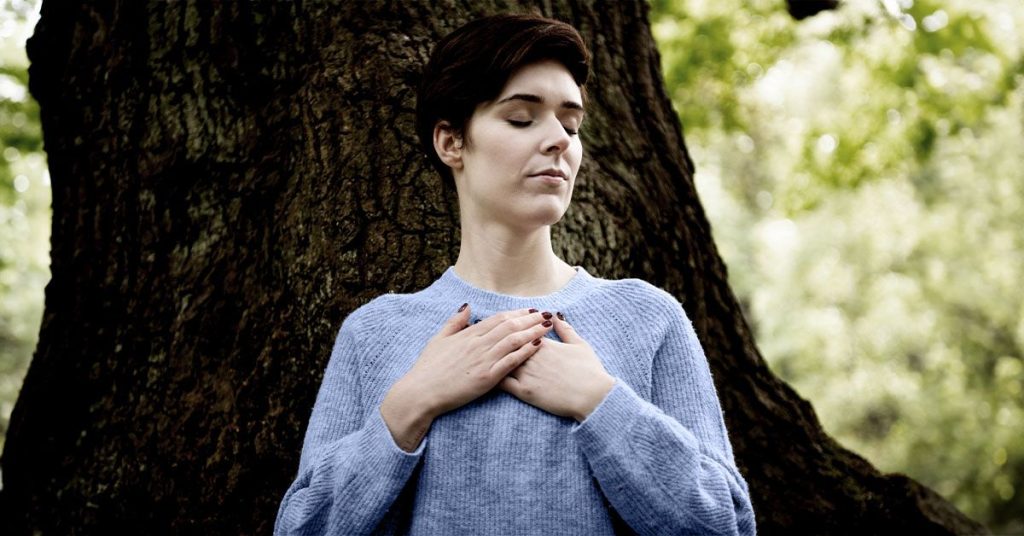A recent study published in The Lancet Regional Health journal reveals that individuals who have had breast cancer are at a higher risk of developing certain secondary cancers later in life. Female survivors of breast cancer were found to have an 87% higher risk of endometrial cancer, a 58% higher risk of myeloid leukemia, a 25% higher risk of ovarian cancer, and an 18% higher risk of pancreatic cancer. Male survivors of breast cancer also had increased risks of developing pancreatic cancer, myeloid leukemia, and colorectal cancer compared to their peers who had not had cancer. The study included a large cohort of 3,562 male survivors and 581,403 female survivors of breast cancer between 1995 and 2019.
Not all cancer survivors have the same risk of developing a secondary cancer, and researchers have found that the age at which someone was first diagnosed with cancer can impact this risk. Women diagnosed with breast cancer before age 50 were 86% more likely to develop a second primary cancer compared to those diagnosed after age 50. This may be due to genetic predisposition in younger breast cancer cases, according to the study authors. Experts also point out that certain cancer treatments, such as radiation therapy and chemotherapy, can increase the risk of developing a second cancer. Survival rates for breast cancer are improving, so understanding the risks associated with survivorship is crucial for long-term management and care.
In addition to age at diagnosis, socioeconomic factors can also play a role in the risk of developing a secondary cancer. The study found that individuals in the most socioeconomically deprived quintile had a 35% higher risk of second primary cancer compared to the least deprived. Lack of access to resources and disparities in healthcare can contribute to these differences in risk. Advocacy for equitable access to breast cancer screenings, treatment, and education is important to address these disparities and provide comprehensive care to all individuals, regardless of socioeconomic status.
Dr. Luke Chen, a medical oncologist and hematologist, points out that lifestyle factors also play a role in decreasing the risk of developing both primary and secondary cancers. Maintaining a healthy weight, not smoking, moderating alcohol consumption, eating a healthy diet, and regular exercise are all important in reducing the risk of cancer. The findings of this study highlight the need for a comprehensive approach to cancer care that considers not only medical treatments but also lifestyle factors and socioeconomic disparities. Further research will be necessary to confirm these findings and understand the mechanisms behind the increased risk of secondary cancer in breast cancer survivors.
While the study sheds light on the increased risk of secondary cancers in breast cancer survivors, more research is needed to fully understand the associations and trends observed. Dr. Daniel Landau, a hematologist/oncologist, emphasizes the importance of prospective studies that follow patients over time to more directly prove these associations. The study’s large cohort and detailed analysis provide valuable insights into the risks that breast cancer survivors may face, but further research will be needed to confirm and expand on these findings. Understanding the complex interactions between genetic predisposition, lifestyle factors, and socioeconomic disparities is key to improving outcomes for cancer survivors and reducing the risk of developing secondary cancers.













